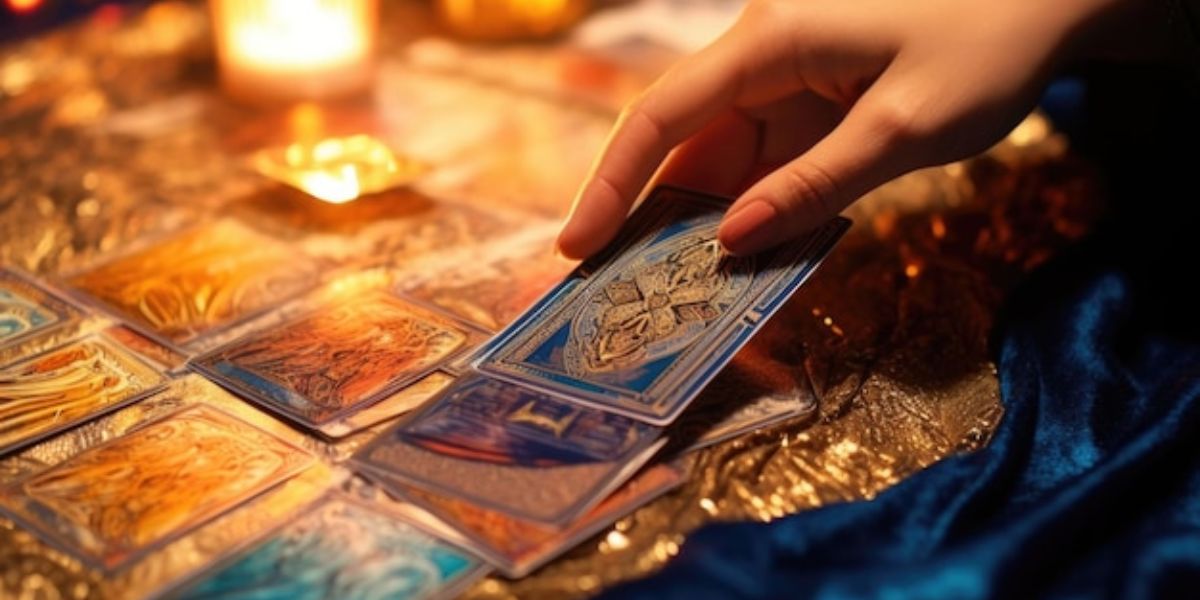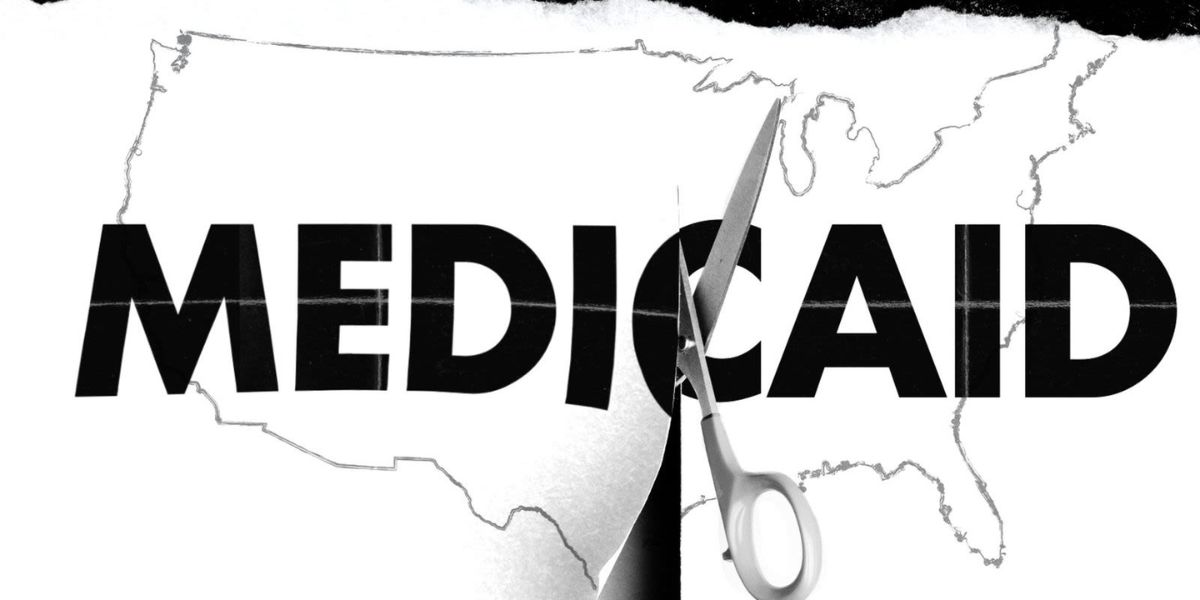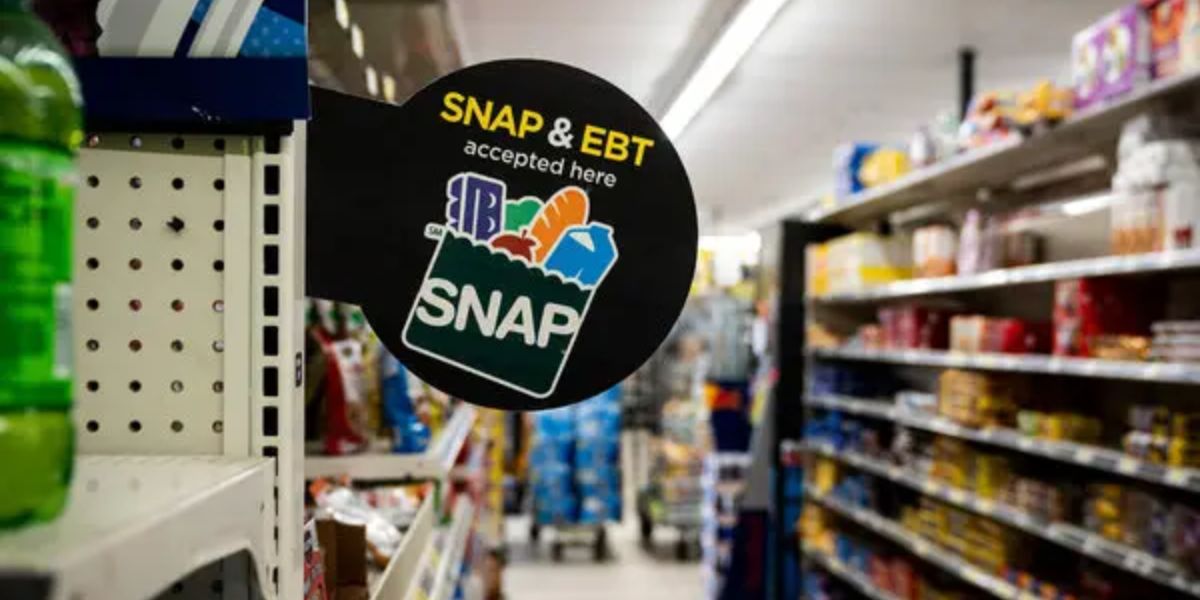A recent report from the Pew Research Center reveals that approximately 54% of LGBTQ Americans consult astrology or a horoscope at least once a year, which is roughly double the rate of the general U.S. population (28%). The findings, based on a nationally representative survey of 9,593 U.S. adults conducted last year, highlight notable differences in spiritual practices between LGBTQ and non-LGBTQ communities.
LGBTQ Individuals More Engaged with Astrology and Tarot
According to the survey, LGBTQ adults are also more likely to consult tarot cards than non-LGBTQ adults, with 33% of LGBTQ individuals using tarot, compared to just 9% of non-LGBTQ individuals. Additionally, LGBTQ adults are four times as likely to rely on astrology and tarot for major life decisions, with 21% saying they “at least a little” rely on these practices, compared to 5% of non-LGBTQ adults.
The study found that LGBTQ women (63%) are more likely to consult astrology or tarot at least once a year than LGBTQ men (40%).
Astrology and Tarot Popularity Among Younger Women
The report also notes a generational divide, with younger U.S. women being more inclined to consult astrology. Among women aged 18 to 49, 43% said they believe in astrology and consult it regularly, compared to 27% of women aged 50 and older. Among men, 20% of those aged 18 to 49 believe in astrology, compared to just 15% of older men.
Astrology’s Role in the LGBTQ Community
The interest in astrology among LGBTQ individuals is not new, as social media and various publications have long documented its popularity in the queer community. In fact, Netflix’s recent announcement about the second season of The Ultimatum: Queer Love, a reality show featuring queer couples, highlights astrology by including each cast member’s astrological sign in their personal information.
The report acknowledges that there is limited academic research on why LGBTQ individuals are particularly interested in astrology, but it suggests that media outlets focused on LGBTQ+ issues have frequently discussed the prevalence of New Age spiritual practices in the community. Some queer people, particularly those who grew up in unsupportive religious environments, have shared how astrology offers a daily practice that can feel similar to religious rituals.
Religious Affiliation and Interest in Astrology
Interestingly, the survey also found that certain religious groups in the U.S. are more likely to consult astrology. Hispanic Catholics (39%) and Black Protestants (33%) were among the most likely to report consulting astrology at least once a year. Similarly, individuals who identify as having “no religion” (35%) also frequently engage with astrology. In contrast, white evangelicals and atheists were among the groups least likely to consult astrology, horoscopes, or tarot cards.
Conclusion
The findings of the Pew Research Center reveal that astrology and tarot have significant cultural relevance, particularly within the LGBTQ community. Whether as a spiritual practice, a form of self-reflection, or a way to create a sense of belonging, astrology appears to be more deeply integrated into the daily lives of LGBTQ individuals than in the general population.

 by
by 

